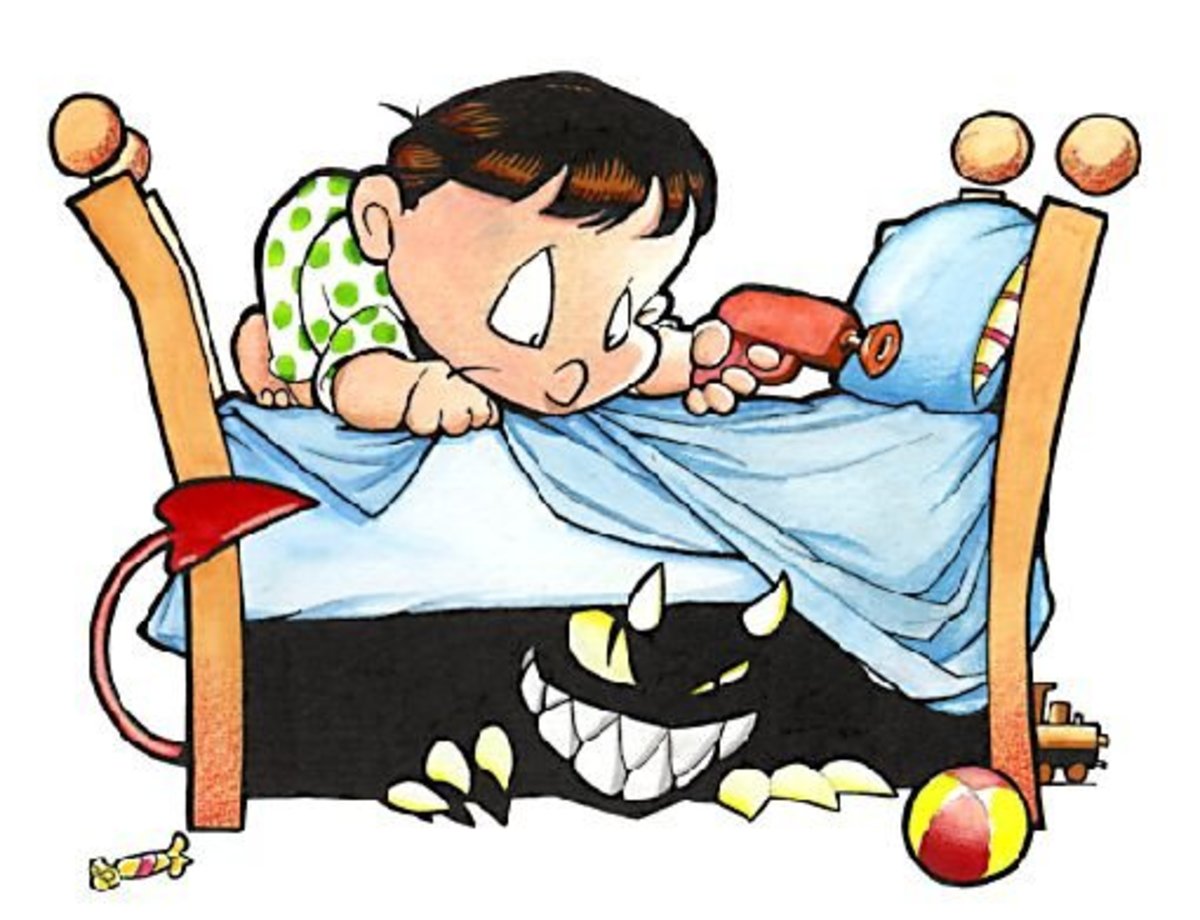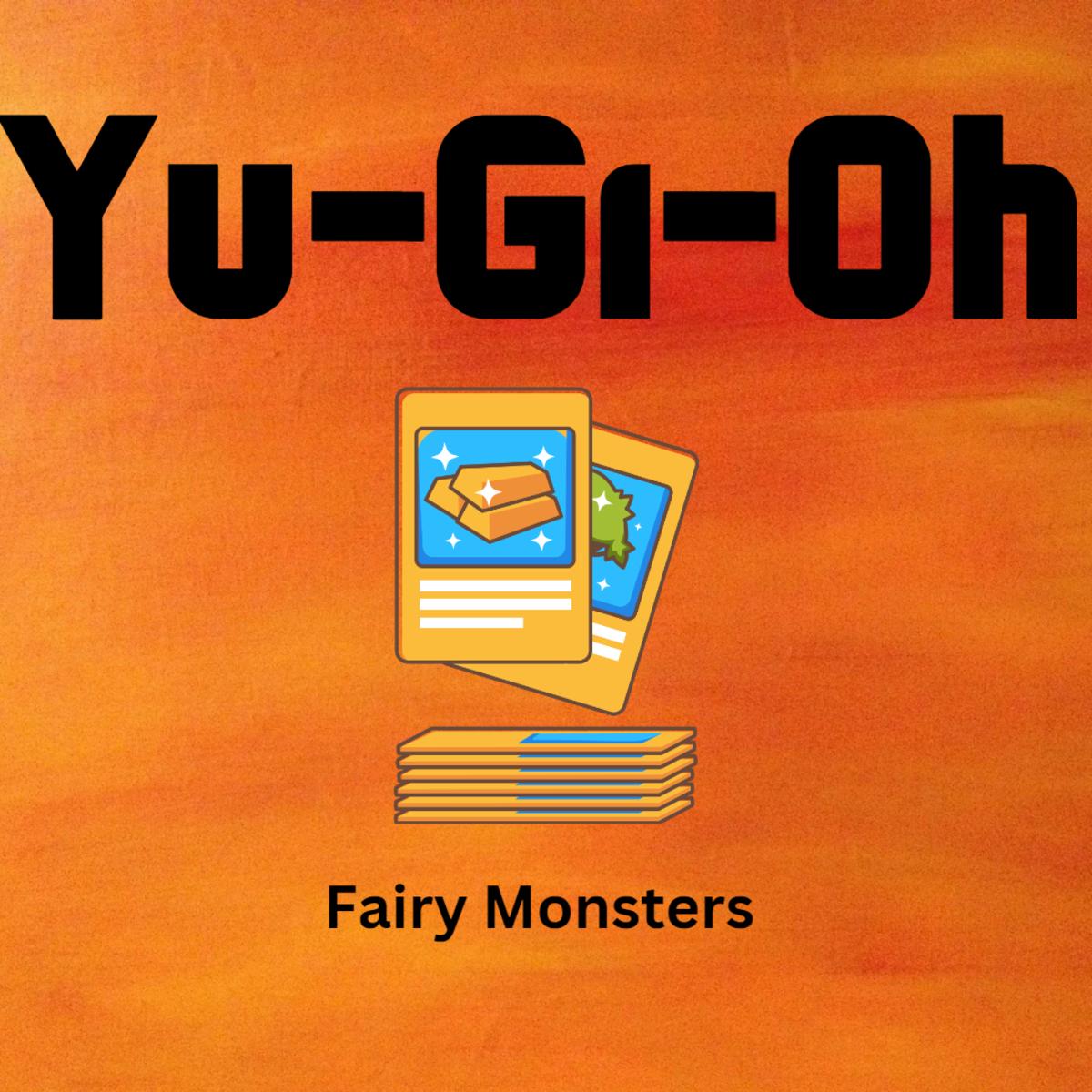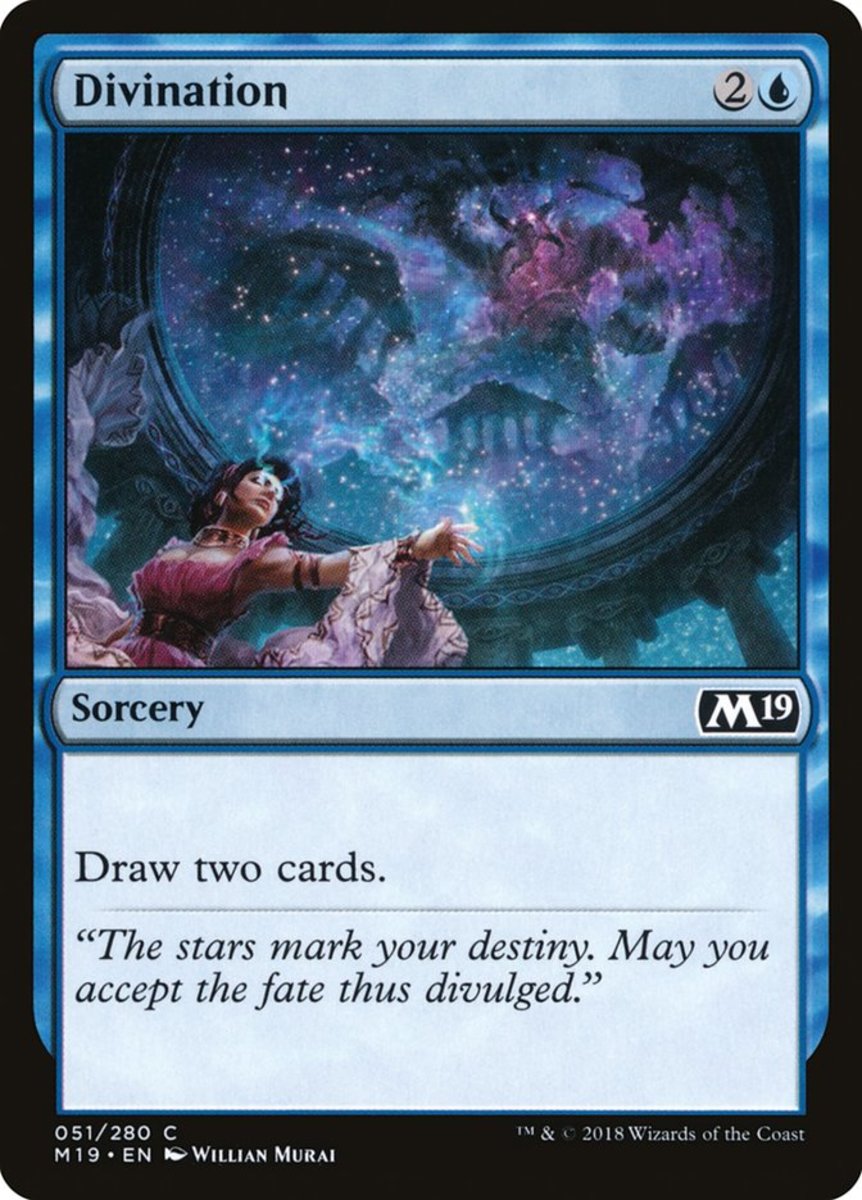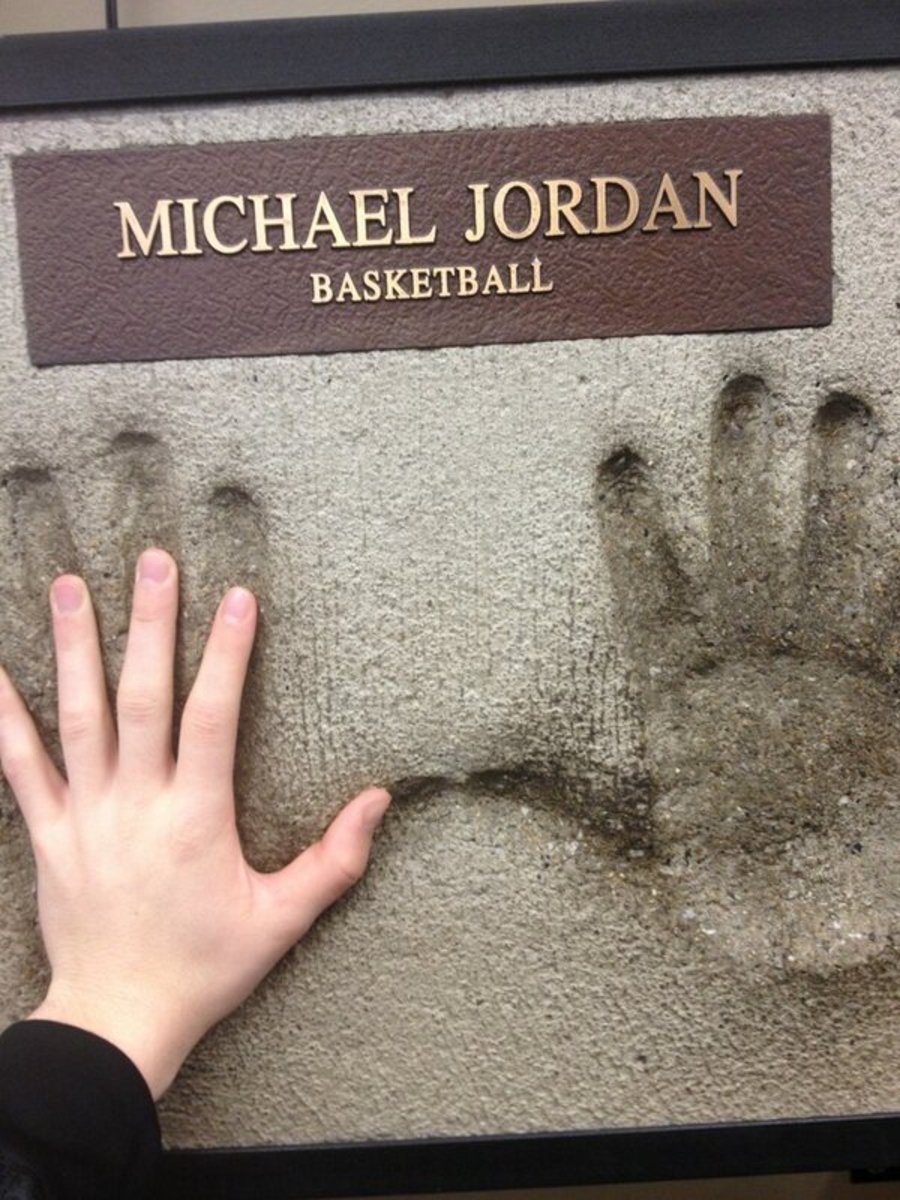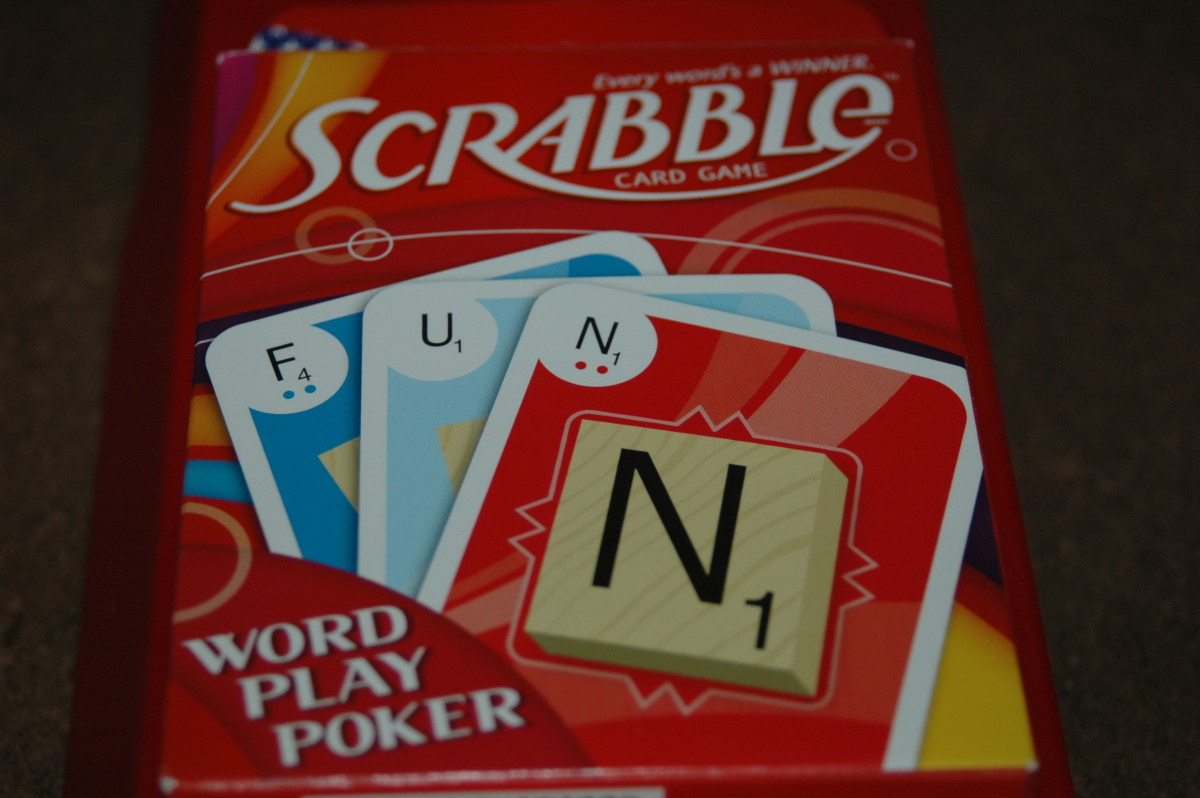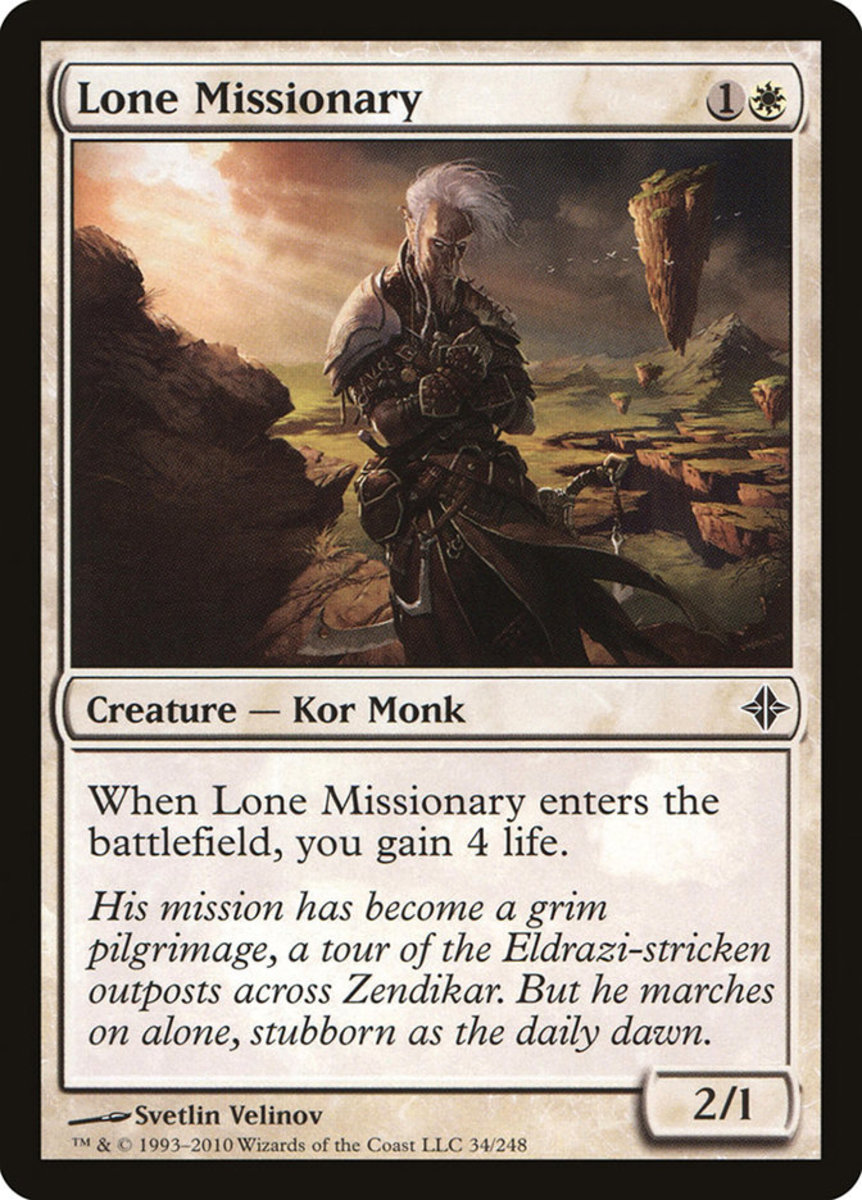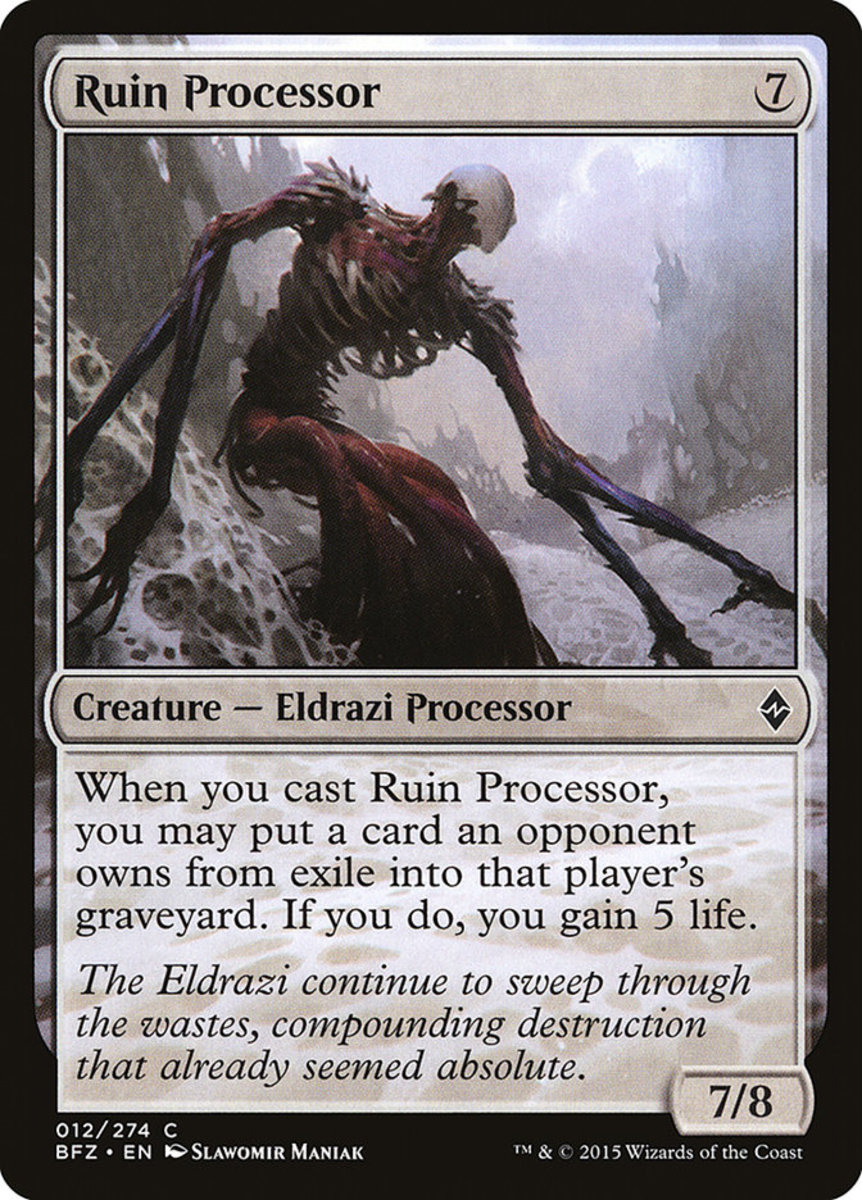5 Ways to Instantly Improve Your Texas Hold'em Game
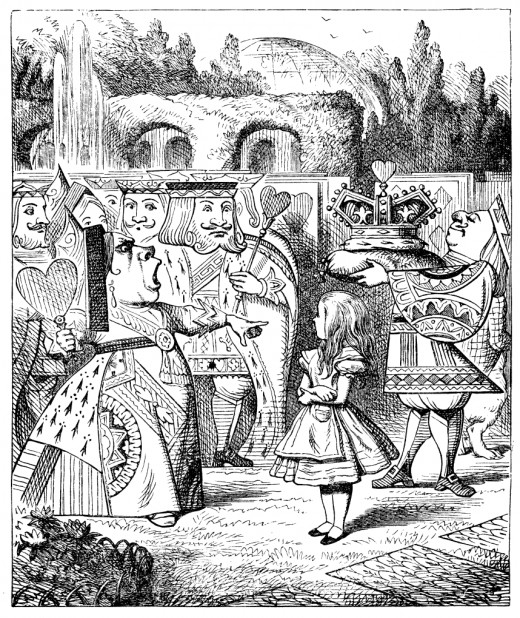
These five tips will increase the amount of money that you win overall when you are playing Texas Hold'em. This article assumes that you already have some basic familiarity with poker, i.e. you know the hand rankings, and terminology like blinds, flop, and button. If not, head to the resources at the bottom of the article to learn how to play and come back!
1. Only Play Premium Hands
You are dealt two cards at the beginning of each round of Texas Hold'em. These are known as starting hands. There are 169 different combinations of cards possible, for example A♥-K♣, or 3♣-7♣. Each of these hands can be ranked according to how likely it is that you will win with that hand. For example holding A♦ -A♠ in your hand is much better than having 4♦-9♥.
While it is tempting to play any hand of cards that is suited, like 5♥-9♥, or any hand of cards that is connected, like 6♣-7♦, most skilled poker players will limit the hands that they won't immediately fold to the top 10 or 20 combinations. This is known as a tight playing style.
The top ten starting hand combinations are:
- AA
- KK
- JJ
- 1010
- AK suited
- AQ suited
- AJ suited
- AK off suite
- KQ suited
Sticking with the top 10 hands is recommended if your turn is early in the hand.
The next top ten combinations are 99, 88, A10 suited, A9 suited, AQ off suite, QJ suited, K10 suited, Q10 suited, AJ off suite.
It can take some time to memorize these hands. Notice that the lowest pair you want to play is 88, and that having a hand of high cards that are suited means you usually want to play them.
If you stick to these hands, you'll be making more money in the long run! One instance where you might go ahead and play an inferior set is if you've put your big blind in and nobody raises, just in case you have some luck on the flop!
2. Bet the Optimal Amount
If you're dealt a premium starting hand, usually you'll want to raise pre-flop. The optimal amount is 4 times the big blind + 1 blind for every player that has checked before you.
For example, if the blinds are $1 and $2, and two players have checked before your turn, you'll want to bet $10. [(4 x $2) + $1 + $1)]
If you are pretty certain that you have the winning hand after the flop, you want to bet 3/4 of the pot on the flop. So if there's $100 in the pot you'll want to bet about $75.
The explanations for why you should use these amounts is a little complicated. It involves pot odds, which I won't delve into here. But if you remember these two simple rules, you should be winning more money than if you make weak bets or check when you have a good hand.
Of course these rules only apply if you're playing no limit Texas Hold'em.
3. Infer Your Opponent's Cards on the Flop
If you've been playing with a group of players for a while, you should take note of which player(s) fold the most hands. These players are generally tight players. They will only be playing premium hands.
These players will also typically raise pre-flop if they have a good hand, especially a high pair.
So if your tight opponent has only checked, and the flop is dealt and turns out to be 3♠, 6♦, 5♥, you can assume that your tight opponent has not made a pair with any number on the board because usually they would fold any card combo with anything lower than a 8. So if you have a 6 in your hand in this instance, now would be a good time to bet. One pair will beat a high card, since there's little possibility that your opponent has made a pair yet.
If your opponent stays in for the turn and the river, be wary if a high card IS dealt, because your opponent may have connected with it and now have a pair. Be especially wary if your opponent suddenly raises after a card is dealt on the turn or river!
4. Know When to Raise
Generally you want to play aggressively rather than passively, which means raising more often than checking if you have a premium hand, or believe you have a better hand than your opponents. Playing aggressively will often convince some players to fold before they see the flop, turn, or river giving them less opportunity to connect with anything on the board.
Pre-Flop
- Raise if you have one of the top twenty pairs mentioned earlier
- Raise if your in a good position (on the button), have a decent/potential hand, and every player before you has checked or folded.
In the second instance, raising will put more money into the pot that you can win, and convince some of the players to fold. The more players that fold the less chance there is that an opponent will connect with something on the flop.
The Flop
- Raise if you have a top ten pair
- Raise if you have a high pair and a high kicker
- Raise if you have a set, straight, or flush
- Raise if you want to be tricky and mask your drawing hand
Raising here will often convince some more players to fold, even though they might actually have a better hand than you.
The Turn
- Raise only if you think you have the best hand.
- Raise if you have a drawing hand and you raised on the flop as well.
The latter may convince your opponent that you already have a winning made hand instead of a drawing hand and cause him/her to fold.
The River
- Raise only if you are certain that you have the best hand.
If you do raise, here you may as well bet the entire pot if you are certain. If you are uncertain, always check.
5. Know When to Check
Checking is generally referred to as playing passively. Although playing aggressively is generally more profitable, there are several situations where you would want to play passively.
Pre-Flop
- To mask a good hand
If others have caught on that your a tight player and only play premium hands, they may be less willing to put their money in the pot when you raise. This is a good tactic to use if you're in an early position at the table, say right after the big blind and you want everyone else to at least check rather than fold.
The Flop
- If you're on a draw
If you have minimal money committed to the pot, checking here is a good way to see if you can make your flush or straight on the turn without committing more money to the pot.
The Turn
- If you think you have the losing hand
- If you're on a draw
- If you're not sure if you have the winning hand or losing hand
Obviously you don't want to commit more money to the pot if you have a losing hand or don't have a made hand yet.
The River
- If you're not certain you have the best hand
Again, this prevents you from adding more money to the pot.
More Info on How to Play Texas Hold'em
- Texas Holdem Rules -- How to Play Texas Hold'em
Learn Texas Hold'em poker rules and how to play in minutes and start playing this extremely popular poker game. - Texas Hold'em Strategy | No Limit Hold em Strategy
A big list of quality Texas Hold'em strategy articles split up in to sections. Use these articles to learn about anything you want to know about good Texas Hold'em strategy.
Recommended Books on Poker Strategy


